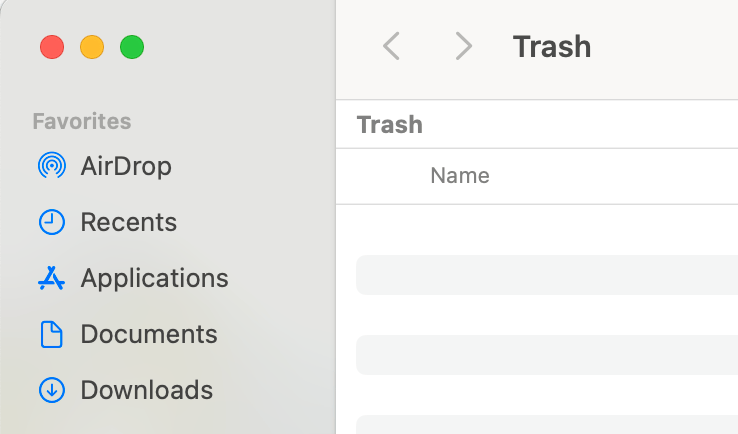The Overlooked Cybersecurity Risk Lurking in Your Downloads Folder and Trash
2/24/20222 min read


In my work discussing cybersecurity and data privacy, I frequently revisit the vulnerabilities we face in an increasingly paperless world. We talk a lot about secure passwords, multi-factor authentication (MFA), and lockout periods after inactivity, but there’s one area that is often overlooked: the files sitting in your downloads folder and trash.
In today’s digital age, nearly all transactions and communications take place over the internet—whether it’s via email or a file transfer service. While we are generally mindful of keeping these platforms secure, the downloaded files on our local devices are a different story.
Think about the types of files you download—bank statements, tax forms, HR documents like W-9s or W-4s. These are files that could contain highly sensitive personal and financial information. You might download them in order to then email, upload, or store in a secure cloud-based location. But how often do you leave the original file lingering in your downloads folder? Or worse, in your trash bin?
This is a critical security risk. Anyone with access to your device—whether through a breach or physical access—could easily find these files, often without any encryption or additional security layers. It's like leaving sensitive paperwork scattered across your desk, waiting for someone to stumble upon it.
So, what can we do about it? A good rule of thumb is to make it a regular habit to clean out your downloads folder and trash. I recommend doing this at least once a month, though if you regularly handle sensitive information, once a week is even better. Don’t forget that files sitting in your trash aren’t truly deleted—they’re simply marked for deletion until your system permanently removes them. Make sure to empty your trash regularly too.
While cleaning up your downloads and trash might seem like a small task, it’s one of those simple steps that can make a significant difference in your cybersecurity. Don’t let these overlooked risks expose your sensitive data—keep your digital house in order.
Taking a few minutes each week to review and purge files in your downloads and trash is a small investment in protecting your data—and peace of mind.
